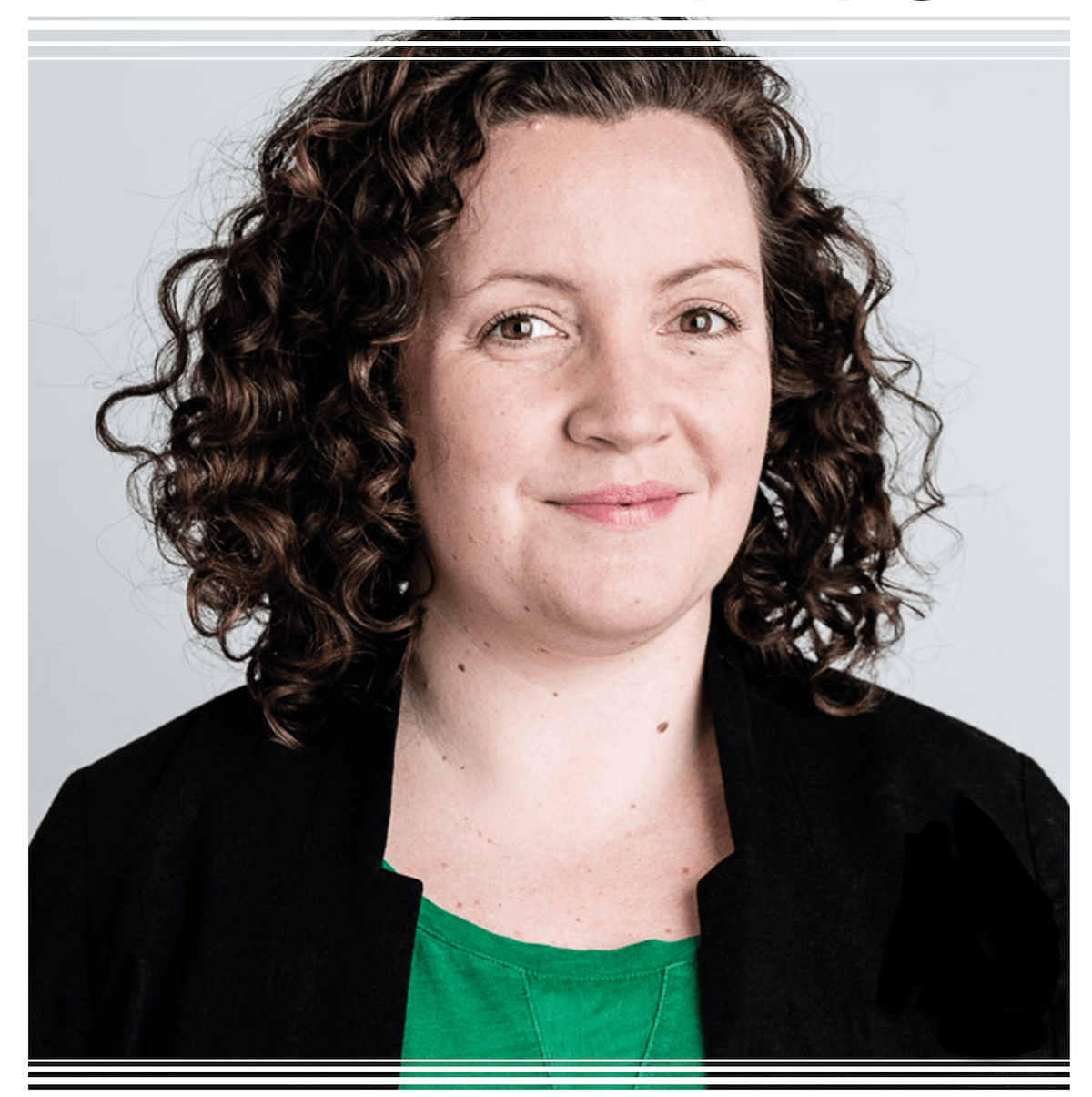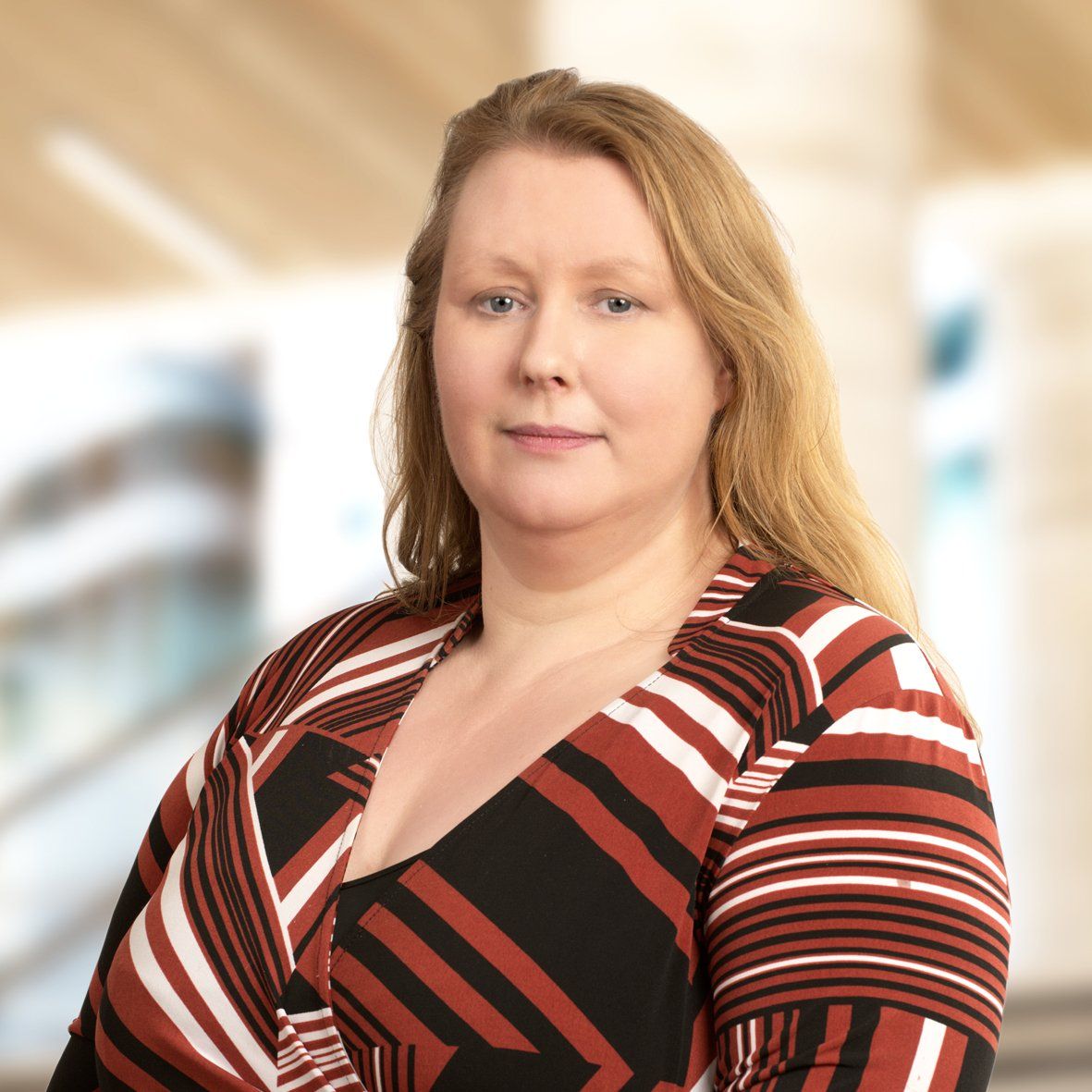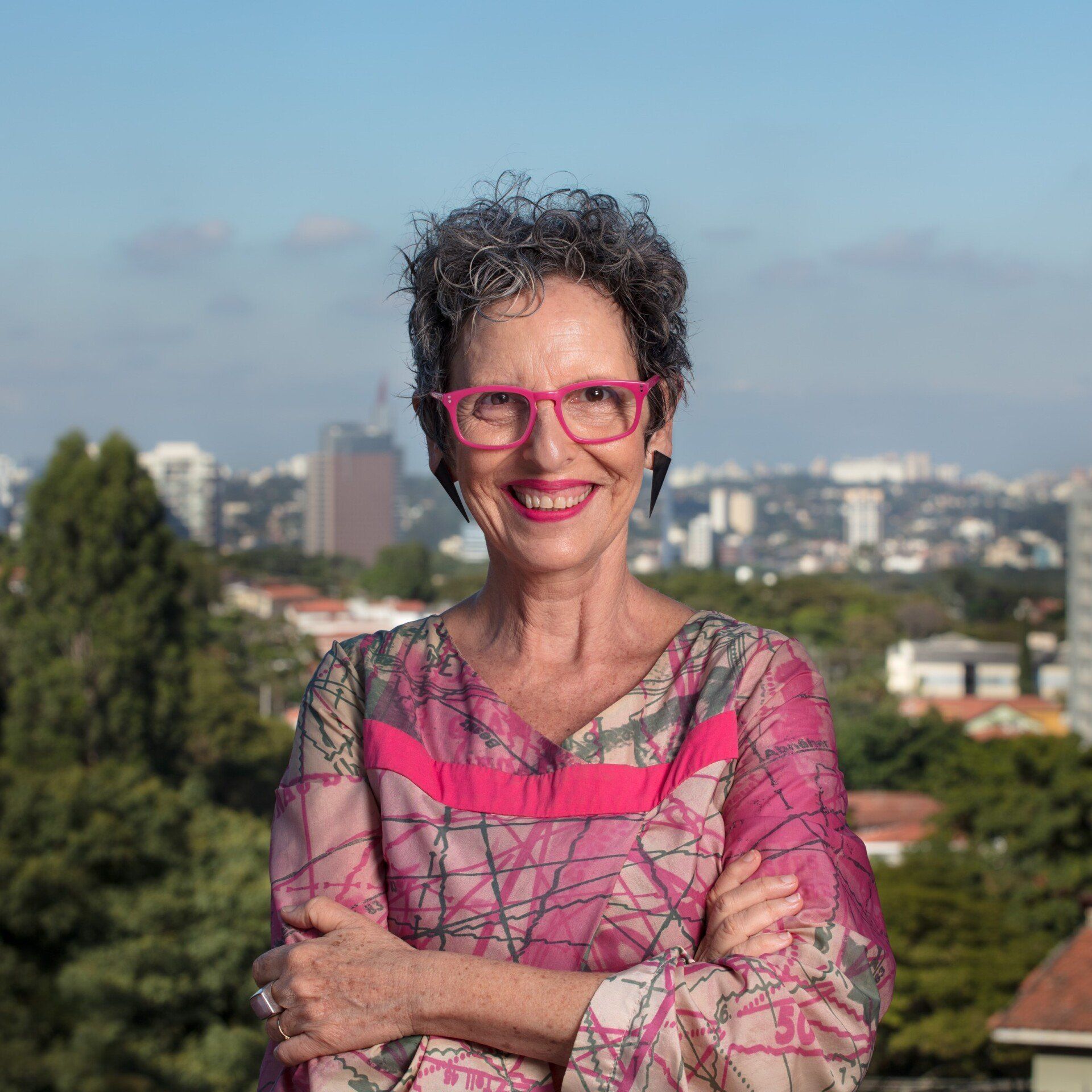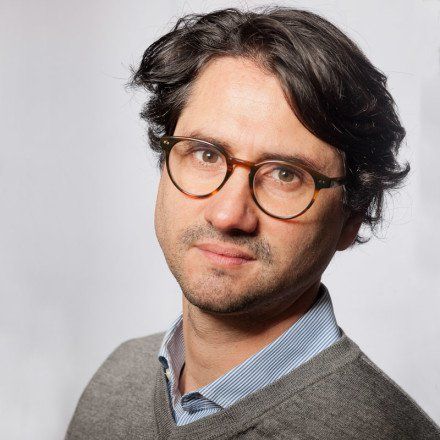Éilis Ryan is a development education practitioner and activist. She has worked in the international development sector for over ten years, focussing for the last four years on educational work with Financial Justice Ireland and Trócaire. She has a particular interest in the area of global finance and development education. Éilis has authored policy papers on housing finance and public solutions to the Irish housing crisis, and was a founding member of the Campaign for Public Housing and the National Housing and Homeless Coalition. She pursued these policies in her time as a Dublin City Councillor. She is currently training to become a primary school teacher.
Housing inequality, finance and the global south: making local-global links real in Development Education in Ireland
Date / Time: Thursday, September 30th, 12pm - 3.30pm GMT (including 30 minutes break for lunch)
This three hour workshop, facilitated by Éilis Ryan, will provide Development Education practitioners with the knowledge and tools to build global solidarity by exploring the shared struggle for the right to housing in the Global North and the Global South.
Housing, once considered a public good in many European countries, has become one of the most important assets in global financial markets. In the Global North, this shift has had enormous impacts on the right to housing. Meanwhile, finance has left countries in the Global South with minimal hope of ever developing such systems.
Housing has become a focal point for those attempting to drive a racist explanation for housing inequality in Ireland. By focussing on the shared causes of housing inequality in Ireland and the Global South, this workshop will enable DE practitioners to provide a compelling counter-narrative which promotes solidarity amongst those who face housing exclusion, in Ireland and in the Global South.
Speakers include:
- Professor Michelle Norris, Director, Geary Institute for Public Policy, University College Dublin
- Professor Raquel Rolnik, Faculty of Architecture and Urbanism, University of São Paulo
- Rodrigo Fernandez,
Senior Researcher at the Centre for Research on Multinational Corporations (SOMO)
See below for biographies.
Cost to attend:
- IDEA members: €15.00
- Non-members: €30.00
- We also have a pay what you can option – please contact us for any questions.
Deadline for registration is Monday, 27 September.
For any questions about this event, please contact us.
Biographies













